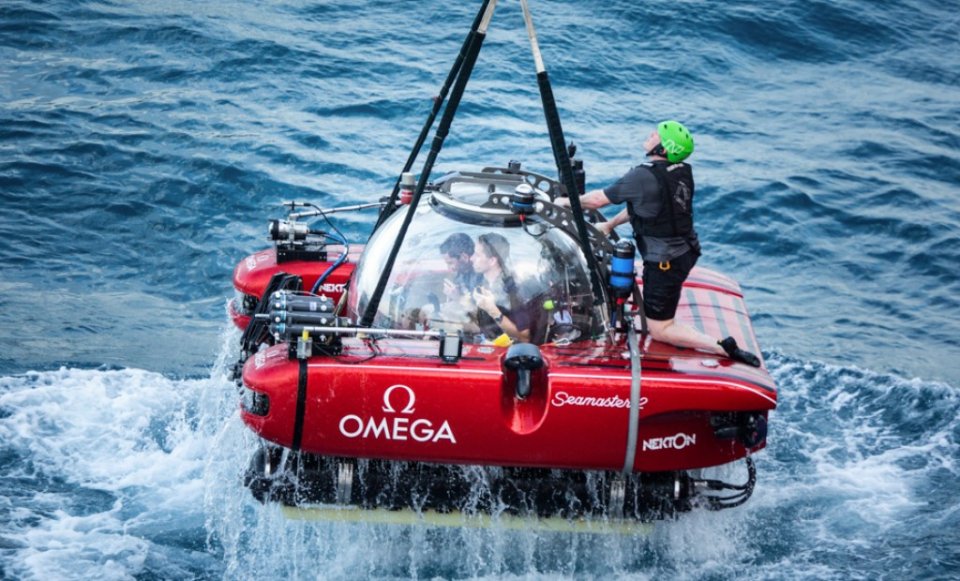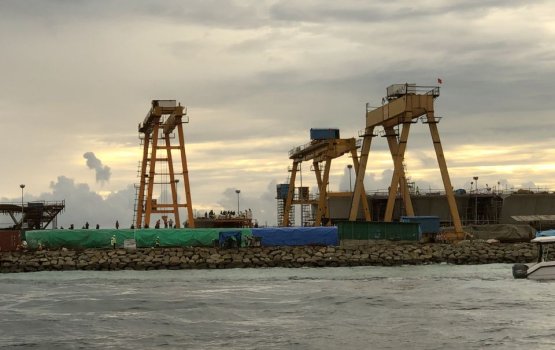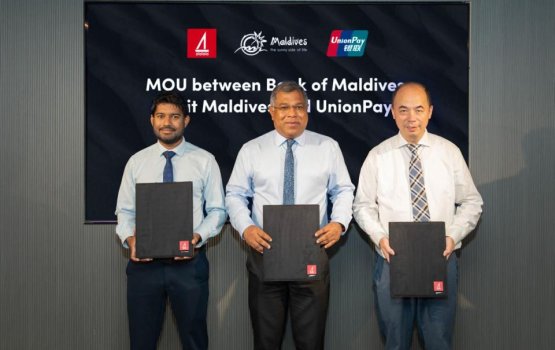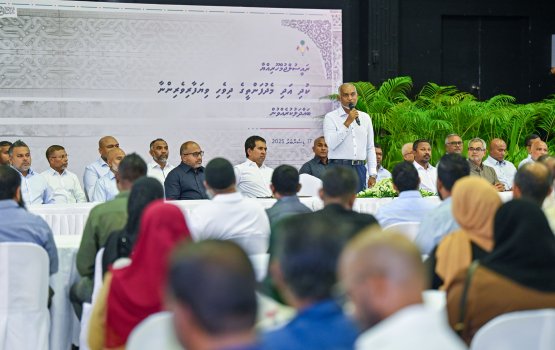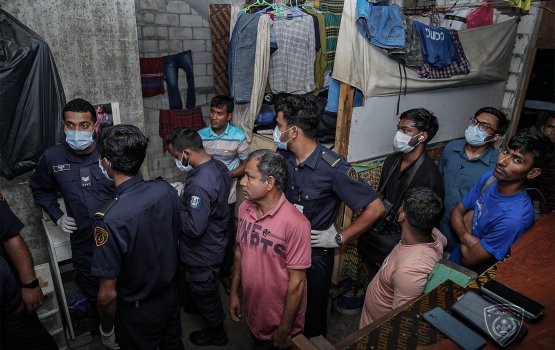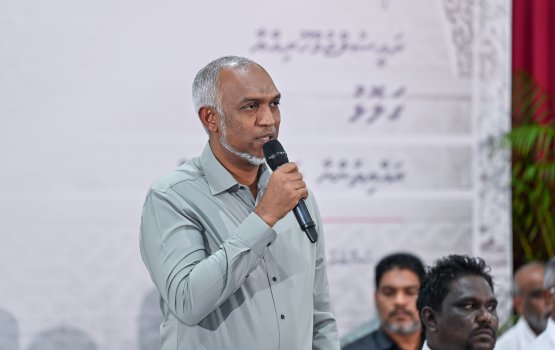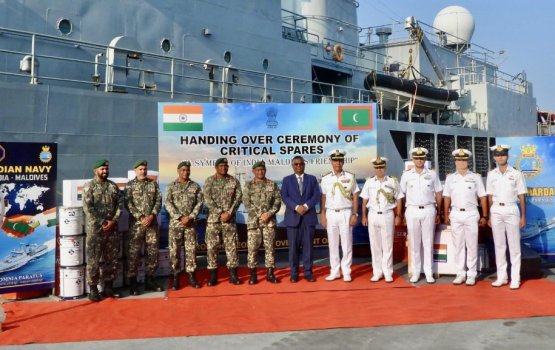The Nekton Maldives Mission says two local women are set to make history as part of a ten-strong science team from the Indian Ocean nation when they join an international science mission and venture deep into the waters of the Maldives, facing tremendous challenges because of global warming and climate change.
The mission is a joint endeavor by UK marine research institute Nekton and the Maldivian Government.
It said that Shafiya Naeem, Director General of Maldives Marine Research Institute who is leading the Maldives scientists on the mission, and Farah Amjad, Research Assistant to the Nekton Maldives Mission have been named in the crew of the Nekton mission’s first descent.
They will join submersible pilot Kimly Do.
The Nekton Maldives Mission sets sail on September 4 to undertake the first systematic survey and sampling of the ocean surrounding the Maldives from the surface to 1000 meters below sea level.
The mission noted that almost nothing is known about what lies beneath 50 meters, so the women and their eight colleagues will, literally, be entering uncharted waters.
In the statement, the mission said that at depths around 120metres, the scientists expect to locate the old beach line from 20,000 years ago when sea levels rose following ice melt from the Last Glacial Maximum.
It said that part of its mission is to investigate how ocean life has adapted to rising sea levels.
Of the 100,000 seamounts above 1000 meters across the global ocean, only 300 have ever been biologically sampled.
Maldives’ 34 seamounts are often mentioned in Maldivian folklore and provide critical breeding grounds for local fisheries such as tuna.
The Mission is deploying two of the most advanced human-occupied submersibles, alongside robotic and autonomous systems, and over a dozen research technologies supported by 40 partners – 16 Maldivian and 24 international.

